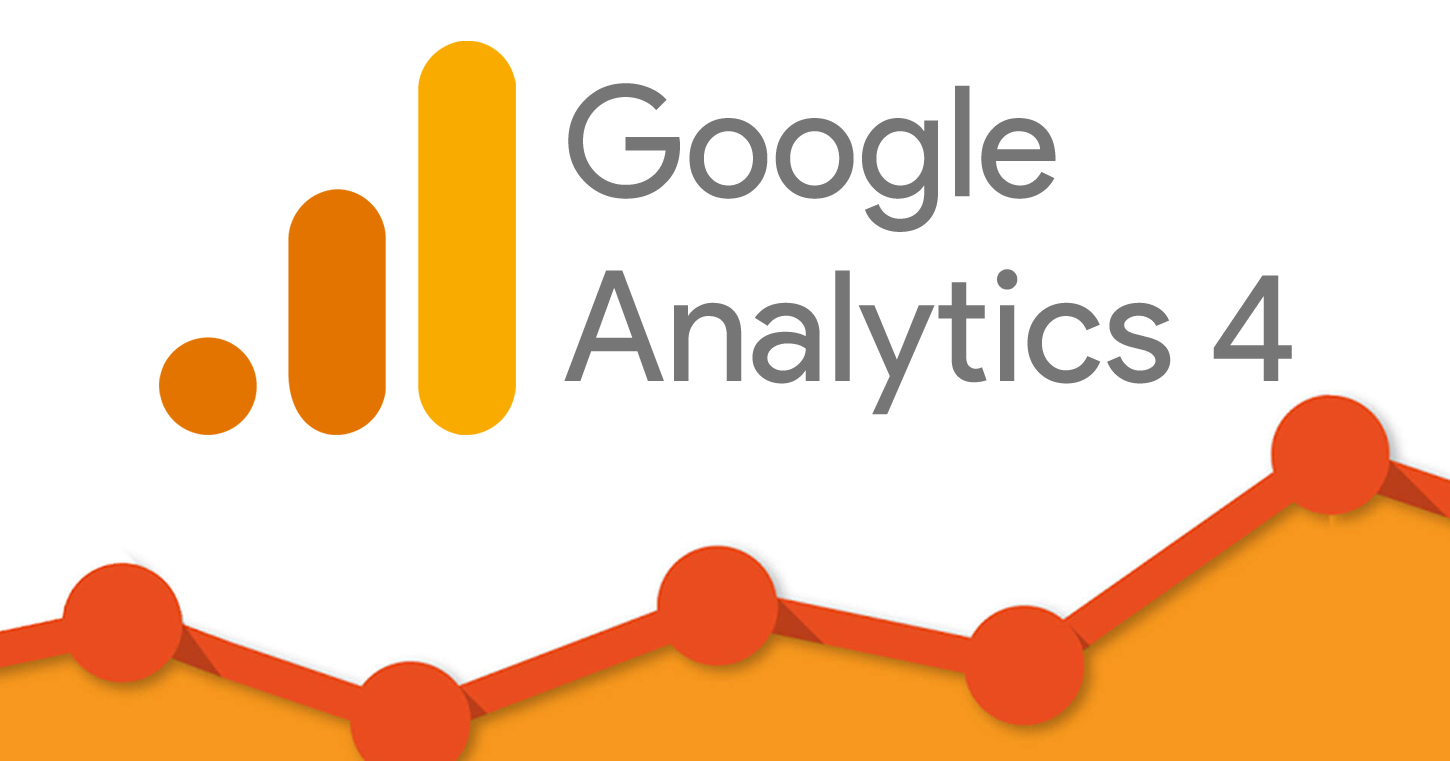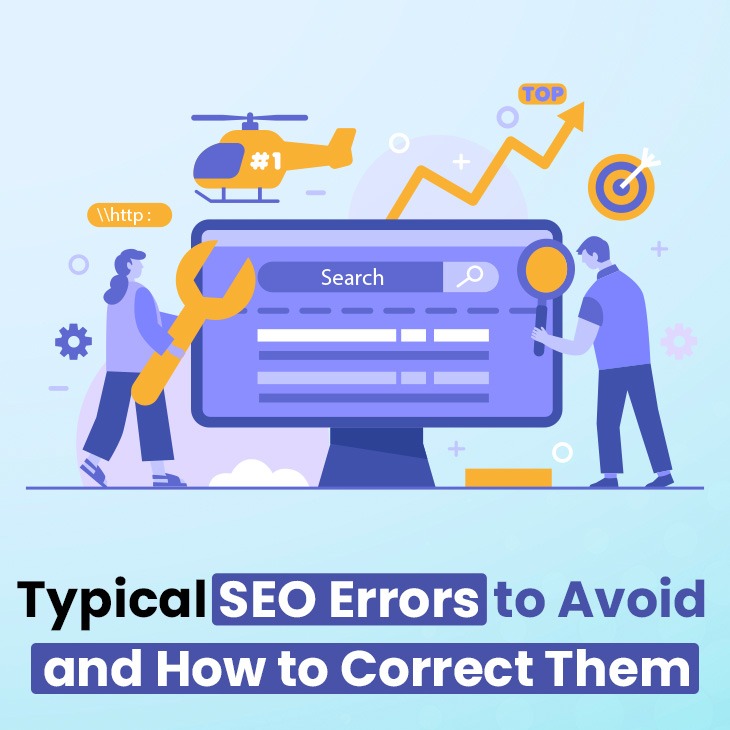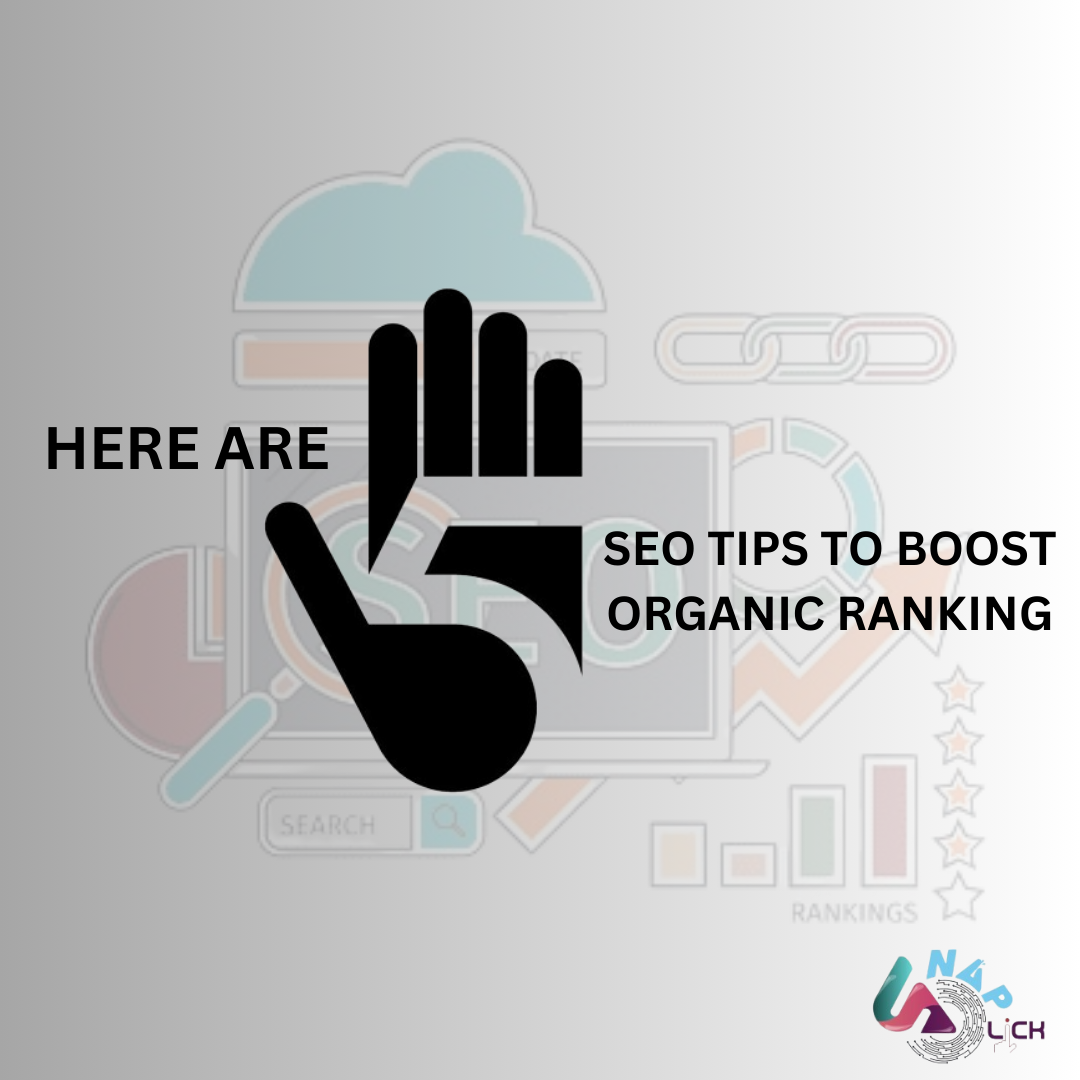
There is a lot of news in the media that is shocking the data market, declaring that Google's Universal Analytics, or GA3, as it is commonly known, would cease to exist in 2023, to be replaced by GA4.
Google has published its decisive new update, causing the market to erupt once again. Google Analytics 4 (GA4) represents a significant shift in how site and app properties are tracked. Google Analytics 4 - announced in October 2020 and formerly known as "App + Web properties" in beta—builds on the foundation of cross-device unified measurement established in July 2019.
Google Analytics 4 strives to minimise the need for human stitching and workarounds between platforms, considering the growing overlap between online and mobile app development and content, as well as marketers' requirement for consolidated data.
TOP BENEFITS OF GOOGLE ANALYTICS 4
- UNIFIED VIEW OF APP AND WEB: Single biggest advantage of Google Analytics 4 is Unified and Dimension scopes. The collection mechanism is linked to "events" with traditional page views on a more equal footing with behavioral events. Previous versions of Google Analytics needed distinct tagging and attributes, as well as inconsistent (by default) metrics and dimensions.
- USER INTERFACE IMPROVEMENTS: GA4 has delivered several new reporting capabilities, rather more importantly for marketers and web analysts, with the rescope of technique. The previous online and app reports have also been restructured in the platform UI. The most obvious advantage is the unified user experience across app and website, but Google has also overhauled their unique reporting tool into a "analysis hub," which provides a bit more leeway with custom and ad hoc reporting.
- Facing the Future of Data Collection and Analysis: Since the beginning of app and web development, unified user journey and reporting across platforms has been a challenge. Finally, Google has responded and appears to grasp that these needs will continue to grow, particularly given the constraints of data acquisition.
- Privacy groups have condemned data gathering as third party, Google is ready to change to using anonymised first-party data in conjunction with consented tracking. Google is moving away from client-side dependency by unifying attributes, collection scopes, and unveiling significant server-side capabilities.
CHANGES GA4 IS GOING TO BRING IN THE MARKET
GA4 was designed to reconsider the formulae for arranging data without the need of cookies.
This concept arose from Google's reputational damage as a result of the contentious relationship between the tracking of user information and the privacy issues caused, namely, by Third-Party-Cookies.
GA4 was established to bring new proposals to the contemporary information era, in which platforms want to connect with more agility and where both Artificial Intelligence and Machine Learning have gained such relevance. This has gone beyond just technologies and has reached a strategic level of communication that cannot be avoided.
This is what GA4 promises to deliver.
DIGITAL MARKETING STRATEGIES AFFECTED BY GA4
Brand managers these days rely on performance indicators to determine whether they are meeting their communication and sales opportunity generating objectives. Consider Google Analytics 4 as a tool capable of alerting us, via notifications, to significant changes in the patterns of our KPIs.
The latter, for its part, pulls us away from classic objective planning based on basic calculations of visits to a website, for example, and closer to complete measurement of information with which we may send specific communications for each market of interest.
Only the latter is genuine gold for us at Rock Content, who works with international markets.
HOW TO MIGRATE TO GOOGLE ANALYTICS 4?
Migrating to Google Analytics 4 requires far more effort than simply "changing the old code to the new code." As a result, because different types of data are being collected differently, we propose tackling a GA4 transfer in stages.
Digital Properties
Properties must be assigned a unique tracking code. This may be accomplished using current Google Tag Manager Connectors, and there is no urgent requirement for code development on sites that are already successfully using Tag Manager.
Sites that do not use Tag Manager will need to switch from analytics.js to gtag.js. If this is the case, we recommend adopting Tag Manager for ease of deployment for all site tags (not just Analytics).
Applications for Mobile Devices
Existing Firebase SDK integrations must be updated to the newest version for Google Analytics 4, and apps that do not use Firebase must be implemented.
If you already have the Firebase SDK on your site, make sure it's up to date and link the app. Start with Google Analytics if your app does not yet have the Firebase SDK.



 Admin
Admin 

